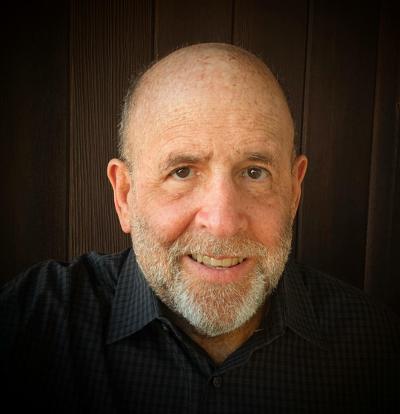Andrew Malekoff
There is growing concern among scholars that the risk of censure and spread of cancel culture on college campuses is inhibiting free speech and affecting the personal and intellectual growth of students and faculty.
A network of concerned scholars at the Heterodox Academy led by social psychologist Jonathan Haidt, warn that the culture of open inquiry and constructive disagreement on college campuses has been seriously compromised by fear, shame and ostracism, including social and professional reprisal.
Haidt and his colleagues have advanced three guiding principles for change – open inquiry, viewpoint diversity and constructive disagreement. Their vision is “to create college classrooms and campuses that welcome diverse people with diverse viewpoints and that equip learners with the habits of heart and mind to engage that diversity in open inquiry and constructive disagreement.”
Thinking back to my time in college, although I never considered myself to be an intellectual, the spirit of free and open expression in and out of the classroom made all the difference in my learning experience and personal growth.
When I entered Rutgers University – an all-male school at the time, as an undergraduate student in the fall of 1969, I had no political consciousness to speak of; yet, in my freshman year the campus was enveloped in unrest related to the Vietnam War.
As I recall, student anxiety reached a fever pitch with the reinstitution of the draft lottery by the U.S. Selective Service in December of 1969. Apprehensive students huddled together in dorms and fraternity houses waiting to learn their fate – their draft number.
Although I was not particularly tuned-in to the politics of the war, I was open to learning more about where people stood and why. Aside from informal conversations, I attended a number of open forums held at the student center during my freshman year.
My freshman dorm roommate was a member of ROTC (Reserve Officers’ Training Corps). He wore his uniform frequently to attend urgent meetings. I observed a marked change in his demeanor, which was understandable given the unfolding circumstances on campus.
In the fall semester, the Students for a Democratic Society protested Army ROTC presence on campus and firebombed the ROTC building. Students living in a fraternity house located directly across the street put out the fire, preserving the building.
Midway through the 1970 spring semester, the student newspaper – The Daily Targum, published the results of a student poll declaring that by a 2-1 margin, students supported ROTC on campus.
Although I was an observer throughout all of this, trying to figure out where I stood, I did “participate” in a mass takeover of the school’s administrative building.
In retrospect, for me, the takeover was more a case of adolescent rebellion than principled social action. I managed to commandeer an office which I simply used to make personal long-distance phone calls on the University’s dime – not very radical!
A few months after the student poll results were made known, the faculty voted in favor of steps to phase out ROTC altogether.
As the end of my freshman year neared, the Rutgers Board of Governors held a forum involving students, faculty members, and ROTC department personnel. It was an open discussion that ended with a Board vote of two members to one to keep ROTC on campus.
My closest friend on campus, also an ROTC member, had lost his brother in the Vietnam War. Although no one challenged the value of the war more than he did, his stance was more nuanced than most given his profound grief.
As opinionated as some students were, I found that more than a few were challenged when it came to experiencing the world in shades of gray. Acceptance of others’ viewpoints was not their strong suit.
I wasn’t politicized during my undergraduate years, but the national drama spilling out so viscerally on campus helped me to become a better listener and improved my capacity for tolerating ambiguity, which has served me well for years to come.
The open forums, which invited different viewpoints and passions, were intellectually and emotionally exciting. They helped me to sort out my thoughts and feelings. Although I did begin college with a strong value base, I don’t believe that I could have been credibly accused of being a deep-thinker at the time.
I don’t know firsthand what kind of experience college professors and students are having today, but I do suspect that the deepening divide in our nation has trickled down to college campuses and infected the culture of the academy.
As I look back to my time in school, it was the advancement of open expression and constructive disagreement during a most troubling time that made all the difference in helping to shape the person I was to become. I was by no means a finished product when I graduated in 1973. But, it was a good start.
I became more of a listener during that stage of my life. People often asked me, “Why are you so quiet?” In time I came to understand that beyond being a good listener, it was my moral obligation to unmute myself and push back without shame or fear of censure. It was a lesson worth waiting for.



